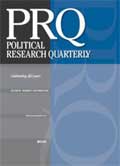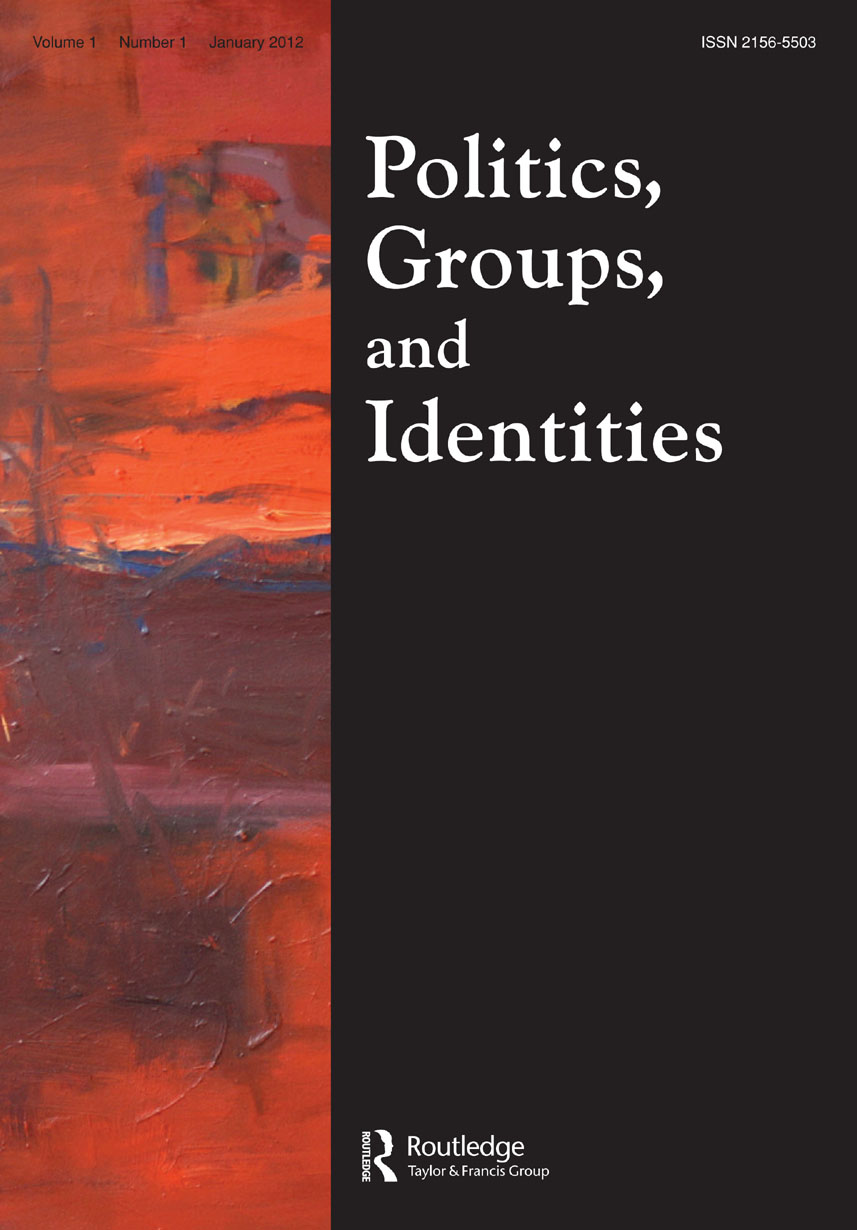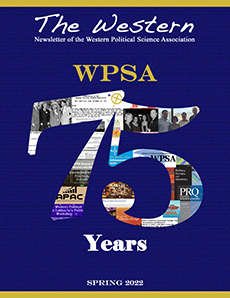CALL FOR PAPERS
WESTERN POLITICAL SCIENCE ASSOCIATION
2024 ANNUAL MEETING
Vancouver, British Columbia, Canada
The Western Political Science Association will host its 2024 annual meeting at the Hilton Hotel on March 28 - 30, 2024, in Vancouver, British Columbia. Please make plans to attend and encourage others to join us! We also recommend that you make sure your passport is up-to-date well in advance. According to the U.S. State Department, it is currently taking between 10 to 13 weeks to get a passport. It is a bit shorter if you pay to have the process expedited, but it still may take 9 weeks.
The DEADLINE for submission of paper proposals/program participation forms will be September 22, 2023.
If you are interested in shaping the content of the program by serving as a section chair, please contact:
LORRIE FRASURE
2024 WPSA Program Chair
University of California, Los Angeles
Email: lfrasure@polisci.ucla.edu
Theme: Political Backlash and Its Consequences
Political scientists alongside an interdisciplinary group of scholars from across the globe will convene in Vancouver, BC for the 2024 Annual Meeting of the Western Political Science Association. We gather to appraise the consequences of the COVID-19 pandemic and the recovery efforts domestically and globally, especially considering the relentless attacks and backlash against minorities of all kinds in the post-Covid era. These developments exacerbated already serious “pre-existing conditions” and racial/ethnic inequities related to disparities in health, income, education, housing, and other economic and social vulnerabilities. The global pandemic, coupled with resolute international, national, and local organizing for racial and social justice, further exposed the persistence of racism, nativism, xenophobia, and discrimination. Recent global protests, including those in Canada, often centered Black-led multicultural groups, in solidarity against state violence. In response, public, private, and nonprofit institutions (including colleges/Universities) sought to address demands with a series of diversity, equity and inclusion types of programs and initiatives— which are now experiencing intense backlash at the national, state, and local levels.
The WPSA continues its long tradition of fostering innovation, diversity, and inclusiveness. We are excited to convene scholars from various types of institutions to explore political problems from multiple perspectives, including historical, analytical, quantitative, qualitative, interpretive, normative, and other empirical points of view. As political scientists and, more generally, social scientists, we are in a unique position to examine the root causes, contours, and consequences of political backlash. We are also well positioned to examine the role political scientists play (individually and collectively), in the face of political backlash. We invite panels and paper proposals that broadly assess the various formations of backlash and how it affects different parts of society, culture, and politics, and what long-term consequences will be for organizations, institutions, and identities. What are some examples of how political backlash was constructed and impacted our political discourse? How do we understand the role of political backlash on our academic institutions, hiring practices, promotion and tenure, teaching and learning pedagogy, as well as avenues to secure resources for our research? One of the features of the conference will be to foster dialogue between political science and interdisciplinary fields of study on issues of race, ethnicity, indigeneity, gender, sexuality, religion, immigration, multiculturalism, equity, diversity, social justice, and related topics.


